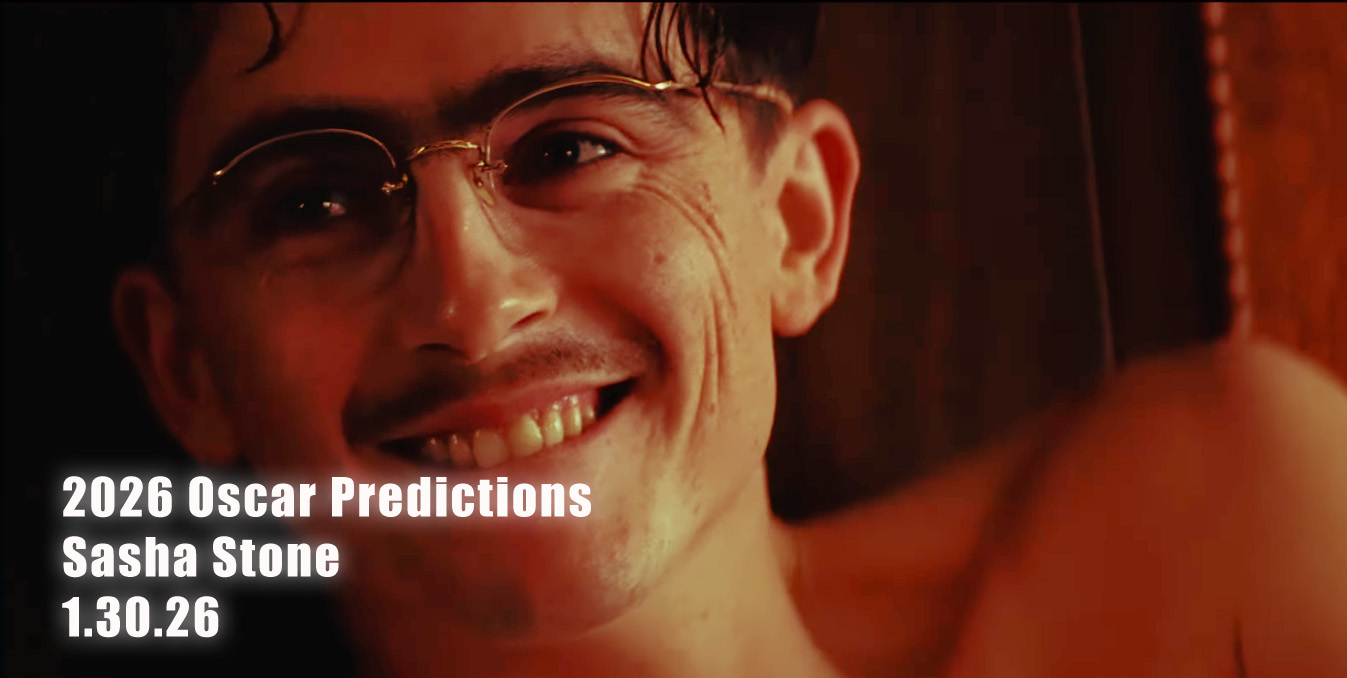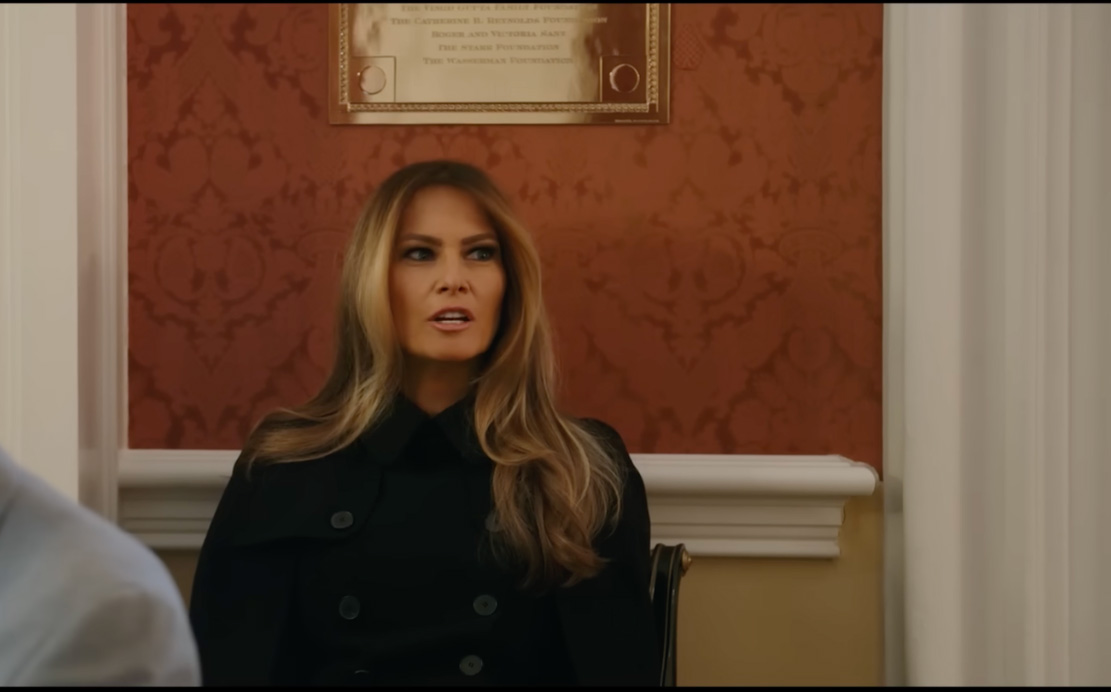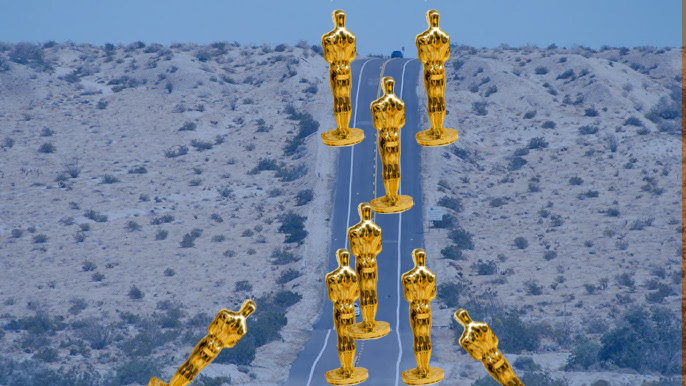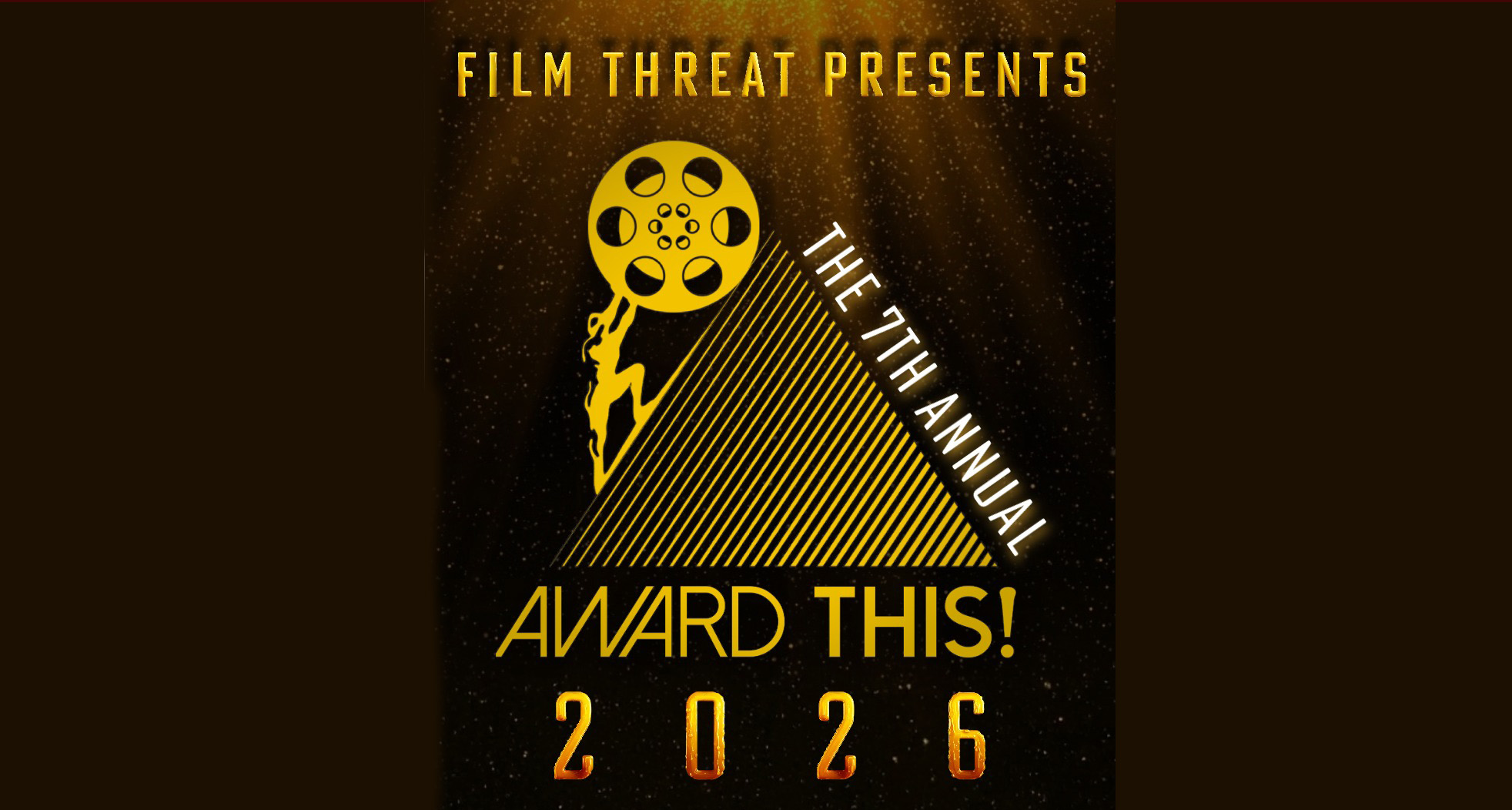Palpable excitement is coming out of Sundance for Nate Parker’s The Birth of a Nation, a project that has taken nearly a decade to get off the ground. The film received a long standing ovation and left many in the audience crying at its premiere yesterday in Park City. No surprise, the pushback has begun immediately on the heels of Parker’s success: pushback that says “don’t take what’s rightfully mine.” The pushback is felt in the form of all of the defensive, angry people who are annoyed wherever subjects of race and discrimination enter the Oscar race (or anywhere else, for that matter). The pushback is the reason progress comes so slowly, is stymied or halted. The pushback is the reason it’s so hard for films made by and about people of color to get a foothold in Hollywood.
It’s like clockwork. Some of it is a slow oily discharge made by anonymous commenters online who don’t have the balls to own their words with their real names. Some of it is loud and proud “white rights” complaints. The pushback is always ready to pounce and can swiftly escalate to full swing. Those who push back do so despite being seen as racists, because they’d rather take that risk than step aside to let anyone through the door unless, by their definition, they “deserve” to be there. They say they won’t vote for them or allow them a place in line “just because they’re black” — as if they think that’s the only reason. “It’s about art,” they cry. It’s about “who deserves it.”
Those in power want to remain in power and the way they do that is by pushing back against anyone who calls for change. This is a sad reality of human nature, but it has been a particularly odious reality of post-Civil War, post-Jim Crow, and even post-Civil Rights America. And unfortunately, this backwards attitude can rear its head in “liberal” Hollywood too. We’ve had the unfortunate luck to hear it all week long. Forced to face it as The Hollywood Reporter has featured a series of outraged letters, the non-stop barbaric yawp of voter protests against upcoming changes to diversify Academy membership. But it isn’t just industry people pushing back. The complaints are flooding in from far and wide. It will only get worse once this week’s Variety cover goes viral:
In response to the pushback, the heated debate online has ratcheted into outright warfare. Granted, it’s only Twitter warfare, but it’s warfare nonetheless, in which films and actors who did get nominated are getting retroactively blamed for being there. Time after time when we see statements about the lack of diversity, there are those 20 actors’ faces — like poster children for racist Hollywood. Several Best Picture nominees are themselves being tossed into this lion’s den — as when someone tweeted yesterday that “you can’t get much whiter than The Big Short.” I tweeted furiously back that of course you could, pointing out that The Big Short is only one of three Best Picture nominees (Room and Mad Max being the other two) to have any black actresses at all in speaking roles. Then I too began throwing out names of films that I thought were more white. It quickly becomes ridiculous.
All of the themes that run through all the films in the race this year are singularly important. The Big Short is about America bending over and getting fleeced by the big banks to the tune of $700 billion. Spotlight is about finding the hidden victims who suffered unimaginable trauma at the hands of the corrupt and powerful Catholic Church, and the reporters who finally nailed the asses of their abusers to the wall. Brooklyn is about the way immigrants have always helped make this country what it is today. Room is about the ever-present threat of victimization of women that lurks every second of every day all over the world. Mad Max: Fury Road is about the bleak future humanity could quite likely face, and about the power of determined individuals to overthrow oppressive regimes. The Martian is about how essential it is to respect science if we ever hope to discover solutions to this planet’s devastating problems. The Revenant is an atonement for the cruel sins committed by reckless European invaders against Native Americans. And Bridge of Spies is about how paranoia and fear can eat away at a nation’s humanity, and the way honorable men can restore high ideals.
When Ava DuVernay chooses to speak out in terms of “inclusion” rather than “diversity,” she intends to remind us that this is all about opening doors. She wants to be clear that no artist seeks to replace another or want to take anything away from anyone’s achievements. She doesn’t like to hear change phrased in ways that tears down great films just because they might revolve around white characters. For some of the films, in fact most of them (including Spotlight), the stories being told are so much more important than counting how many people of color are in a scene. Because nobody has ever demanded that each and every movie has to be inclusive — we only ask that among all movies, many more of them need to be.
As longtime readers of this site can attest, for many years we’ve covered issues of “diversity.” It’s perhaps the least favorite subject for some of my readers; it has lost me many readers and caused an irreparable rift with an entire forum. A lot of people don’t want hear about it over and over again.
When pushback happens it’s almost always extreme and when it turns vicious it almost always wins. Any prominent award victory for a black actor can usually be guaranteed to translate to fewer wins for other black actors in the near future. The resentment from the white community is palpable: they make it clear that they don’t like people of color infringing on their territory. In many of their minds, advocating for inclusion is tantamount to the dreaded “affirmative action” — a once admirable goal which has been twisted into a code-word for “taking without earning.” We’ll hear them say, “we shouldn’t pick this person or this movie just because they’re…” That’s the most typical refrain. “We shouldn’t be ‘forced’ to honor a movie ‘just because’ it would be a milestone.” It is endless, the pushback.
In spite of great strides being made, the pushback now is stronger than ever. White liberals don’t want to be thought of as racists, but they still want everything on the table to belong to them. It’s funny that so few of them (so few of us) are unable to acknowledge that our standards for what defines “good” or “best” is informed by life experience and self-identification.
The Academy’s decision to invite new members to achieve a more equitable racial and gender balance is a good one. Will it make a difference? Look at the example set by SAG-AFTRA — it’s by far the most diverse of all of the guilds and that inclusiveness is clearly evident in the awards choices they’ve made in recent years.
Pushback is responsible for preventing any film with a predominantly black cast from getting a Best Picture nomination for a span of 24 years — the period between The Color Purple in 1985 and Precious in 2009. In the same period, no powerful black directors were allowed to break through and there was counter-productive resistance whenever a white director tried make movies with non-white stories. In both cases, it’s the actors of color who paid the ultimate price. It didn’t hurt Steven Spielberg. Decades of whitewashed Oscars didn’t even hurt the Academy — until finally this year it did.
Now the pushback has become a problem the Oscars have to confront . Look around. You’ll see. But instead of putting the blame on the many fine movies and filmmakers who are blameless — as some are trying to do as we speak by saying this one is the “whitest” or that one is the “whitest” — we would all be wise to think about what DuVernay is saying about inclusion. This is what the Academy is making a real effort to achieve — adding to, not taking away. Inclusion over exclusion.
The fight isn’t going to go away this time. It’s not going to get shouted down. Those filmmakers who are underrepresented will keep striving to be seen and heard — but more importantly, they won’t give up until they have an equal voice in a culture whose demographics transform day by day. 2015 was the first year when the number of Hispanic kindergartners outnumbered white kindergartners in America. Things are changing. America is changing. Hollywood is changing. The pushback might be able to prop up the wall for a little while longer, but it won’t hold forever. It can’t stop what’s coming.















